Artificial Intelligence
Johns Hopkins experts in artificial intelligence span the interdisciplinary spectrum—from engineering to medicine, neuroscience to transportation and beyond. They work to ensure that the research and development of the rapidly evolving technology progresses ethically so that governments can formulate policies that advance the best interests of humanity.
In the summer of 2023, Johns Hopkins University announced a major new investment in data science and the exploration of artificial intelligence, one that will significantly strengthen the university’s capabilities to harness emerging applications, opportunities, and challenges presented by the explosion of available data and the rapid rise of accessible AI. The Johns Hopkins Data Science and AI Institute provides a nexus for experts from diverse disciplines who bring data science, machine learning, and AI to bear over a wide range of fields, including national security, societal safety, materials design, public health, clinical care, neuroscience, space systems, and public policy.
Johns Hopkins AI experts
-
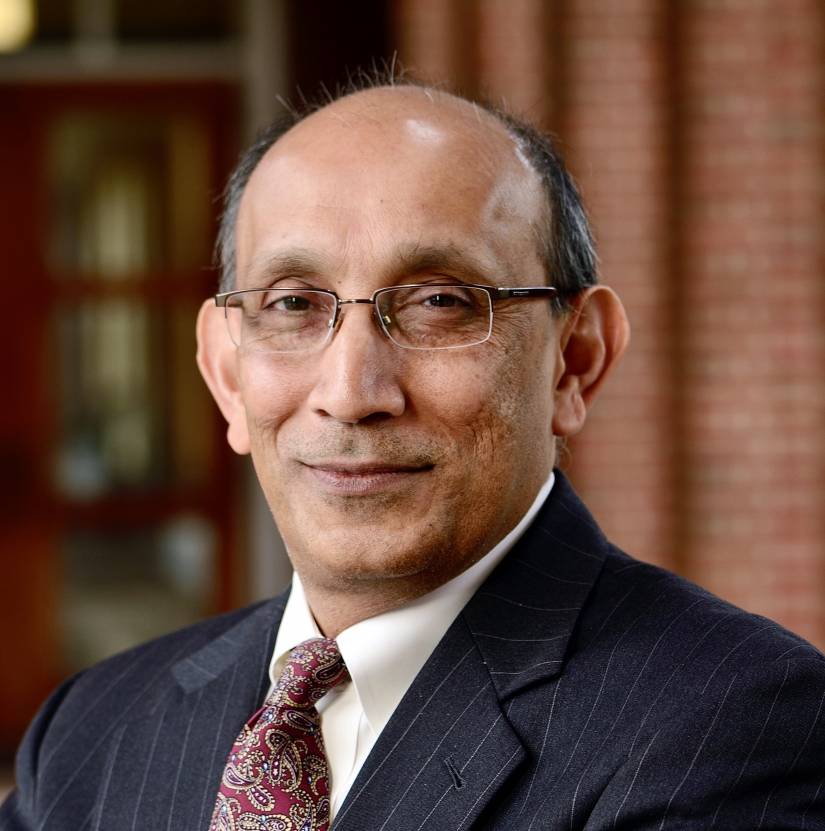
K.T. Ramesh
Alonzo G. Decker Jr. Professor of Science and Engineering
Learn More
Fellow, Hopkins Extreme Materials Institute -
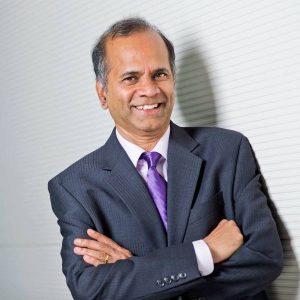
-
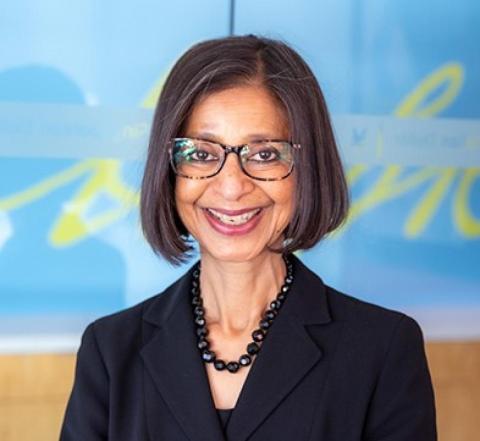
-
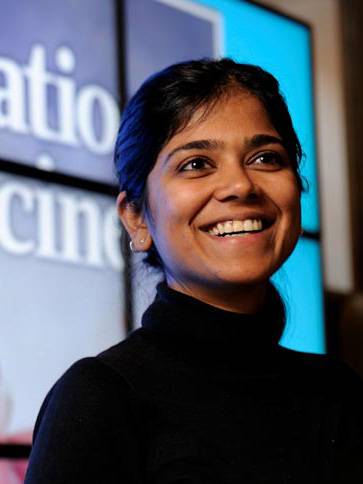
-
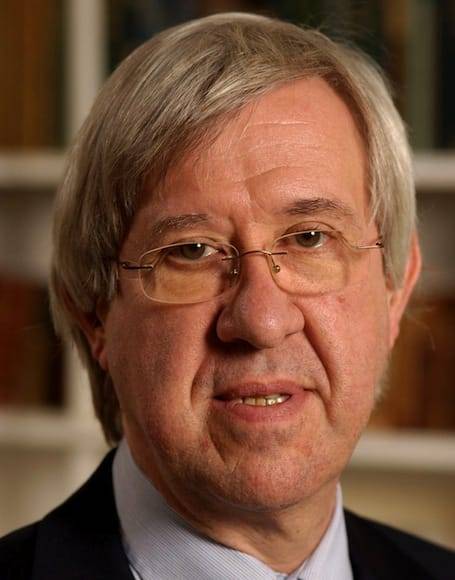
Alexander Szalay
Bloomberg Distinguished Professor
Learn More
Director Of Institute for Data Intensive Engineering and Science -
.jpg)
-
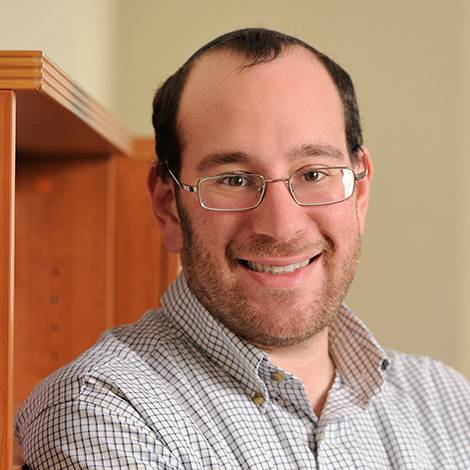
-
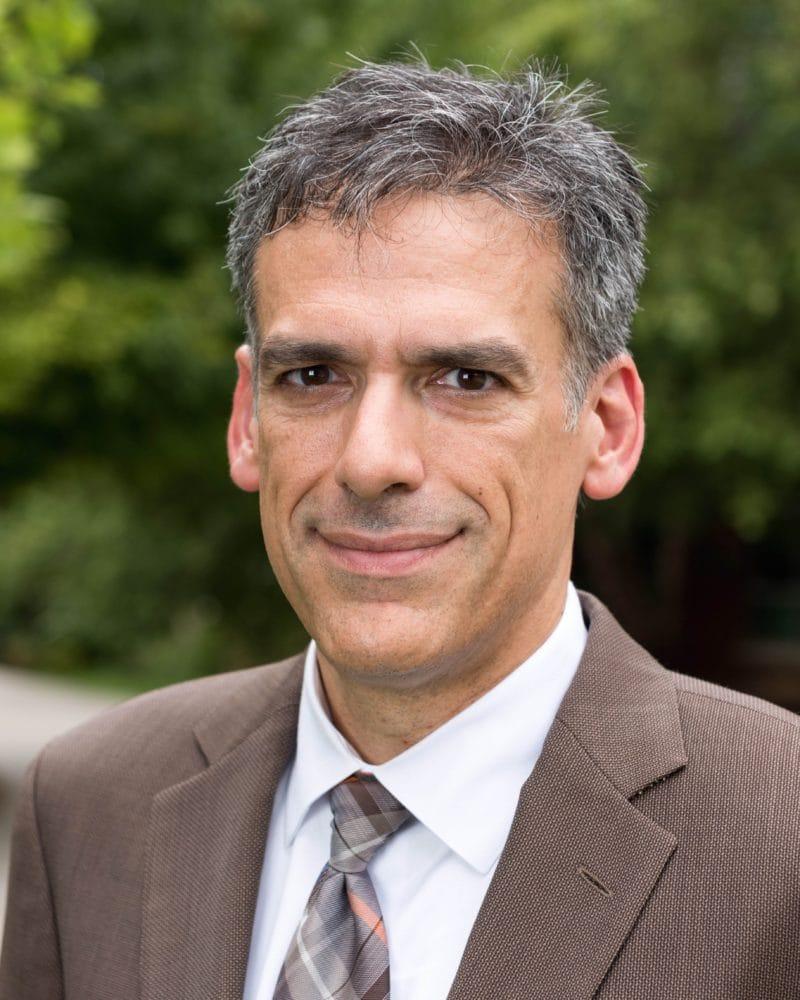
Artificial intelligence developments at Johns Hopkins are already helping health care providers diagnose diseases earlier, conduct more precise operations, streamline patient experiences, and more.
The National Institute on Aging awarded a $20 million grant to an interdisciplinary team at Johns Hopkins to develop AI devices to improve the health of older adults and help them live independently for longer. The team includes members from the Whiting School of Engineering, the School of Medicine, the Carey Business School, and the School of Nursing.
Related Research
Artificial tumors help AI detect early-stage cancer
A Johns Hopkins University-led research team has designed a method to generate enormous datasets of artificial, automatically annotated liver tumors on CT scans, enabling artificial intelligence models to be trained to accurately identify real tumors without human help.
The team’s work could play an important role in solving for the scarcity of high-quality data needed to train AI algorithms to detect cancer. This shortage stems from the challenging process of identifying tumors on medical scans, which can be extremely time-consuming, as it often relies on pathology reports and biopsy confirmations. For example, there are only about 200 publicly available CT scans with annotated liver tumors—a minuscule amount for training and testing AI models to detect early-stage cancer.
Collaborating with radiologists, the team devised a four-step method of creating realistic synthetic tumors. The team then trained an AI model using only these synthetic tumors. The resulting model significantly outperforms similar previous approaches and can achieve comparable performance to AI models trained on real tumors, they say.
Sepsis-detection AI has the potential to prevent thousands of deaths
Patients are 20% less likely to die of sepsis because of a new AI system developed at Johns Hopkins University that catches symptoms hours earlier than traditional methods, an extensive hospital study demonstrates.
The system scours medical records and clinical notes to identify patients at risk of life-threatening complications. The work, which could significantly cut patient mortality from one of the top causes of hospital deaths worldwide, is published in Nature Medicine and Nature Digital Medicine.
Robot performs first laparoscopic surgery without human assistance
A robot has performed laparoscopic surgery on the soft tissue of a pig without the guiding hand of a human—a significant step toward fully automated surgery on humans. Designed by a team of Johns Hopkins University researchers, the Smart Tissue Autonomous Robot, or STAR, is described in Science Robotics.
“Our findings show that we can automate one of the most intricate and delicate tasks in surgery: the reconnection of two ends of an intestine. The STAR performed the procedure in four animals and it produced significantly better results than humans performing the same procedure,” said senior author Axel Krieger, an assistant professor of mechanical engineering at Johns Hopkins’ Whiting School of Engineering.
AI predicts if and when someone will experience cardiac arrest
A new artificial intelligence-based approach can predict if and when a patient could die of cardiac arrest. The technology, built on raw images of patient’s diseased hearts and patient backgrounds, significantly improves on doctor’s predictions and stands to revolutionize clinical decision making and increase survival from sudden and lethal cardiac arrhythmias, one of medicine’s deadliest and most puzzling conditions.
The work, led by Johns Hopkins University researchers, is detailed in Nature Cardiovascular Research.
“Sudden cardiac death caused by arrhythmia accounts for as many as 20% of all deaths worldwide and we know little about why it’s happening or how to tell who’s at risk,” said senior author Natalia Trayanova, a professor of biomedical engineering and medicine. “There are patients who may be at low risk of sudden cardiac death getting defibrillators that they might not need and then there are high-risk patients that aren’t getting the treatment they need and could die in the prime of their life. What our algorithm can do is determine who is at risk for cardiac death and when it will occur, allowing doctors to decide exactly what needs to be done.”
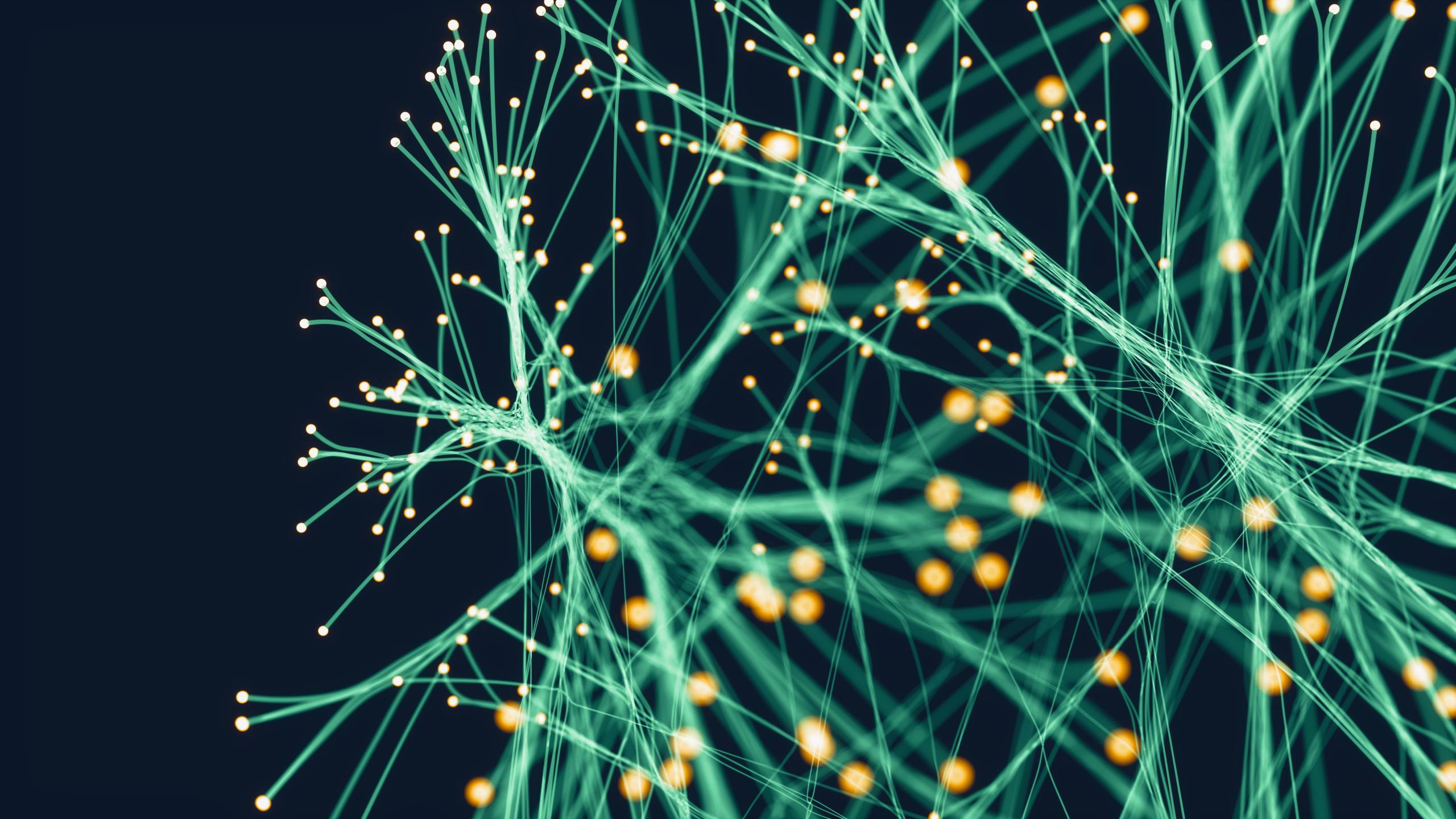
Advances in artificial intelligence: Defining a new era
Johns Hopkins experts explore the latest developments in artificial intelligence, including AI language learning programs such as ChatGPT, disinformation campaigns, ethical concerns involving artificial intelligence, and AI in health care